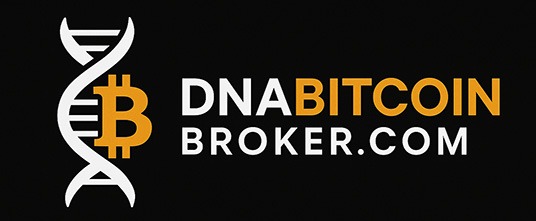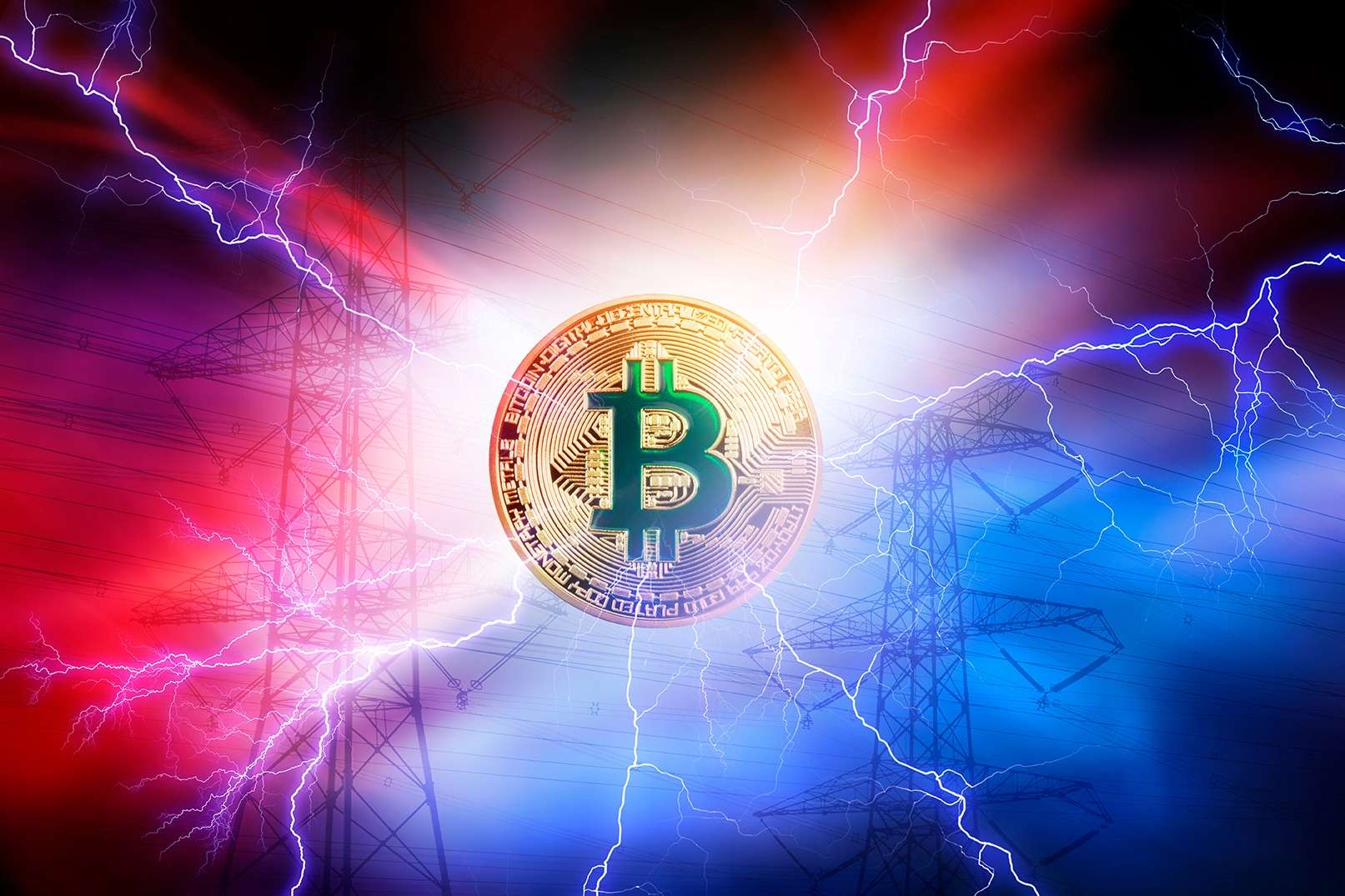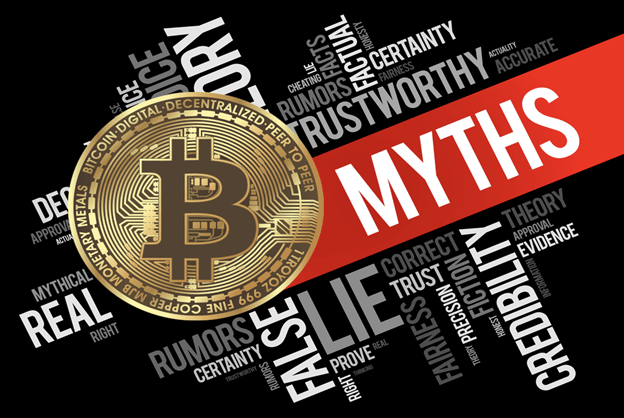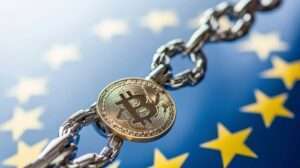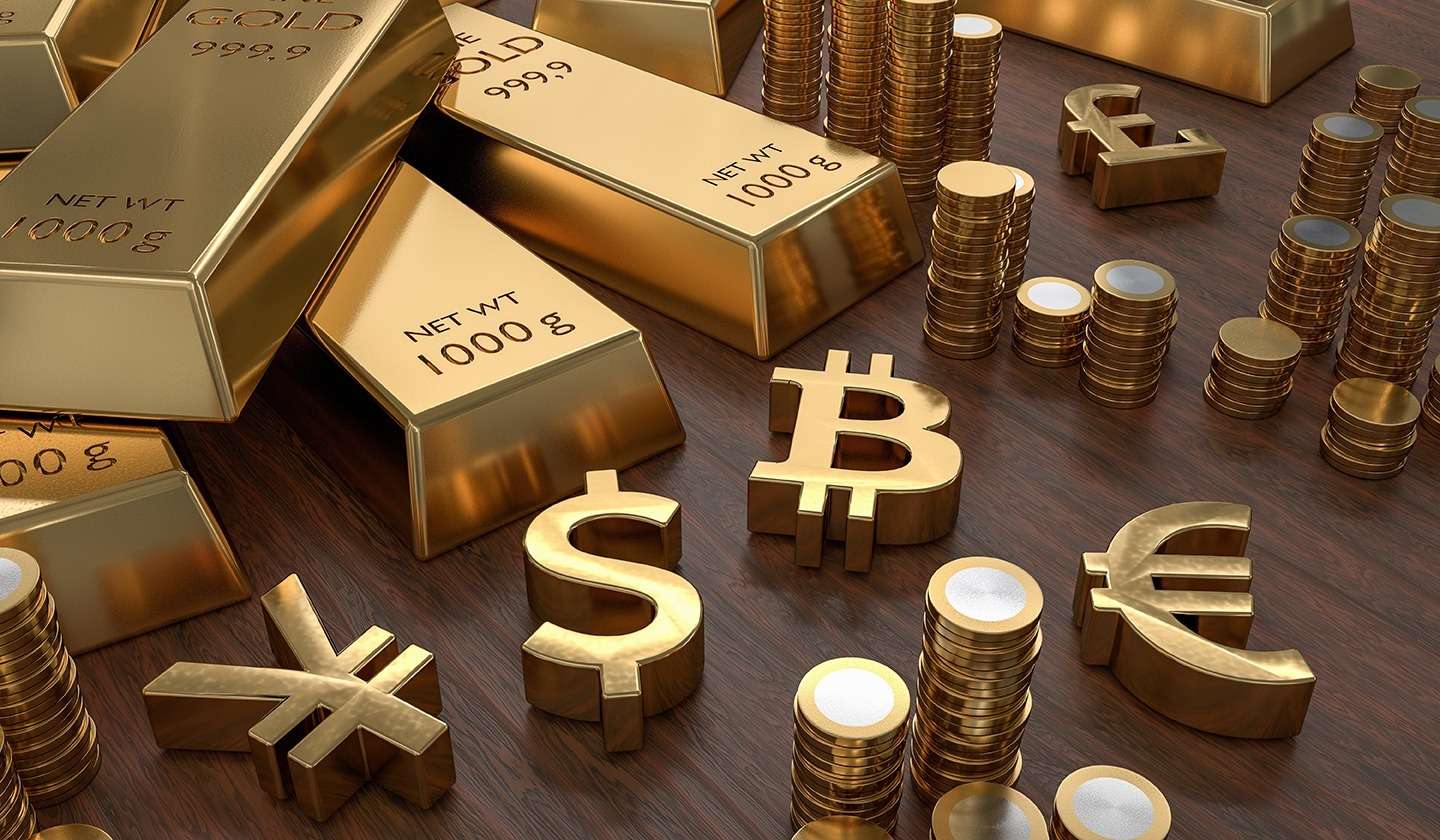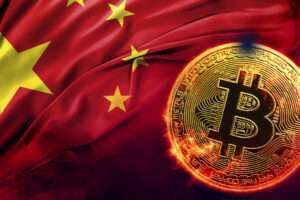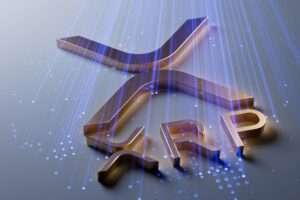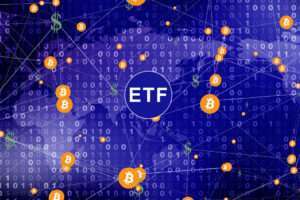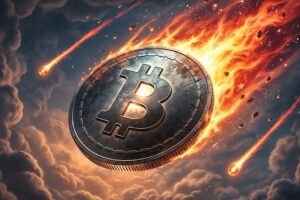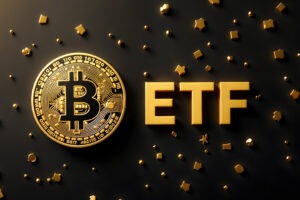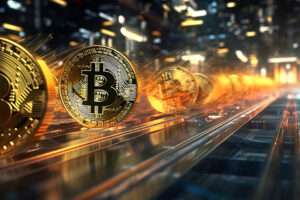As we emerge from the shadow of an unprecedented pandemic, countries worldwide grapple with the devastating economic aftermath.
One of the biggest challenges is the International Monetary Fund’s plans for a Great Reset. They recently launched a new initiative called The Great Reset to develop a new approach to global economic policies and promote greater financial stability.
So, what is the Great Reset? It refers to the global economy’s recovery journey, following a period in which it was recalibrated by factors such as the international financial crisis.
The IMF’s vision for this Reset focuses on four key components:
– Focusing on sustainable policies.
– Using innovative technology.
– Creating an enabling environment through financial inclusion.
– Strengthening international collaboration.
IMF’s Role in the Global Economy and How the Great Reset Will Impact Global Economics
To achieve its mission, the IMF promotes policies that keep inflation and unemployment low while encouraging growth. It also provides technical assistance, advice, and research to countries needing economic guidance. The IMF also provides loans and other financial assistance to countries experiencing economic crises or budgetary difficulties.
Additionally, the IMF plays a vital role in the current push towards a “Great Reset” of the global economy. Its World Money initiative promotes green finance and embodies sustainable development goals across countries.
Another thing you may not know about the Great Reset is how it will impact global economics. The IMF has proposed a new system of international currency exchange based on Special Drawing Rights (SDR), composed of five international currencies: the U.S. dollar, Euro, Japanese Yen, and Chinese Yuan. This system would move away from the U.S.-led dollar-based system and give more countries an equal say in the global economy.
The introduction of SDRs could change the way currencies are currently used. The U.S dollar, Euro, Yuan and Yen would still be used for local transactions, but their use for global trading would decline significantly as new rules surrounding the issuance of SDRs take effect.
The IMF’s World Money – The Great Reset – has people asking, “What can I do to prepare?” In this new global financial system, having as much financial visibility and control as possible is essential. That means understanding the basics of budgeting and monitoring debt. It also means understanding options for investing in products beyond stocks, such as bonds and commodities.
Overall, the IMF’s Great Reset necessitates a change in how we think about money and international finance. This shift can positively impact the management of the global economy today. With these new approaches to cash come fresh opportunities for economic stability and growth amid increasing volatility. The Great Reset empowers countries to better manage their finances by equipping them with more flexible tools to stimulate economic activity when necessary. Overall, the IMF’s Great Reset necessitates a change in how we think about money and international finance. This shift can positively impact the management of the global economy today. With these new approaches to cash come fresh opportunities for economic stability and growth amid increasing volatility. The Great Reset empowers countries to better manage their finances by equipping them with more flexible tools to stimulate economic activity when necessary. Overall, the IMF’s Great Reset necessitates a change in how we think about money and international finance. This shift can positively impact the management of the global economy today. With these new approaches to cash come fresh opportunities for economic stability and growth amid increasing volatility. The Great Reset empowers countries to better manage their finances by equipping them with more flexible tools to stimulate economic activity when necessary.
The IMF’s proposal provides a roadmap for governments to adopt the necessary policies and reforms to ensure a more inclusive and equitable world economy.
Image Source: Adobe Stock
Disclaimer: This article is provided for informational purposes only. It is not offered or intended to be used as legal, tax, investment, financial, or other advice.
